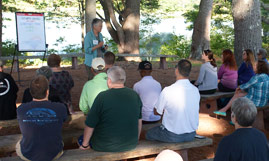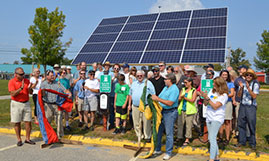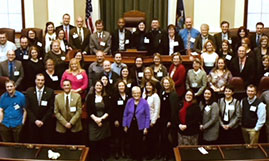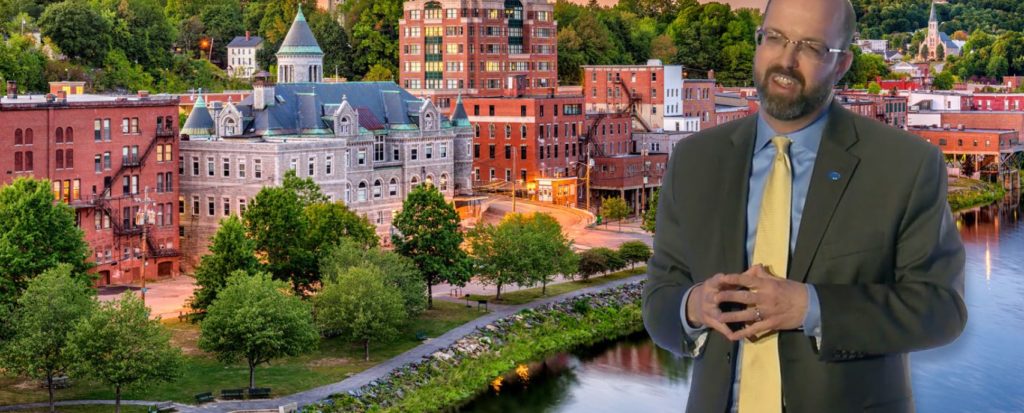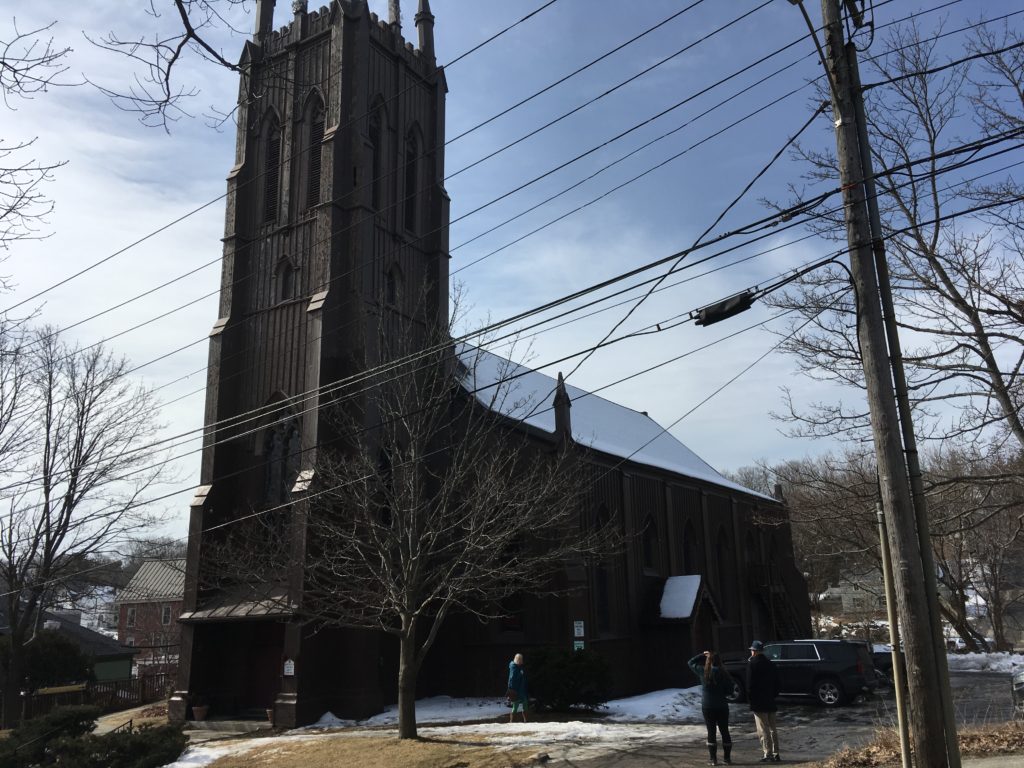
FOR IMMEDIATE RELEASE:
MDF’s Maine Downtown Center Program Receives AmeriCorps Service Grant for New Main Street Fellows Program
HALLOWELL, ME – August 13, 2020 – MDF’s Maine Downtown Center is pleased to announce the launch of a new initiative, the Main Street Fellows AmeriCorps Program, which will place five Fellows in five Maine communities to help develop systems and strategies for a more resilient future. A central focus will be on increasing social capital, fostering more welcoming and equitable communities, and sharing new mindsets and models needed for communities to thrive. The program is funded by the Corporation for National and Community Service through a new $77,395 Volunteer Maine subgrant.
“We are honored to receive this grant,” says MDC program director, Anne Ball. “The Main Street Fellows AmeriCorps Program is an amazing opportunity for our small downtown organizations to increase capacity and community engagement. As a keystone of their service, the Fellows will be learning and implementing the 40-year-old Main Street approach which focuses on creating an inclusive downtown through design, economic vitality, downtown events and a strong organization.”
The Main Street Fellows will be placed with a host Main Street or Downtown Affiliate organization, beginning October 30, 2020. The communities will be selected through a competitive RFP process during August 2020.
“Volunteer Maine, the state service commission, is pleased to support MDF’s efforts to tackle challenges facing Maine’s rural communities,” says Maryalice Crofton, Volunteer Maine Executive Director. “AmeriCorps members serving the Main Street Fellows AmeriCorps Program, a Maine Rural State program, will be leaders helping rural communities recover from the pandemic’s impact. At the end of their service year, communities should be better equipped to take on the next challenges. Our team is excited to collaborate with program members and staff to provide the technical training needed to effectively serve these communities,” added Crofton.
As Maine contends with the impacts of COVID-19 in addition to its existing economic and community development challenges, the Main Street Fellows will provide integral support to the selected communities by:
- Strengthening capacity for economic and community development through asset identification and development, strategic planning and implementation, social capital building.
- Assisting in local research, planning, education, and technology projects.
Maine Downtown Center will administer the funds and serve as program director for the Main Street Fellows AmeriCorps Program. Maine Downtown Center is a program of MDF that serves as a statewide resource for preservation-based downtown revitalization and is the state coordinator for the National Main Street’s Main Street program.
For more information and to arrange interviews, contact Adam Burk, Program Director, Maine Development Foundation aburk@mdf.org.

